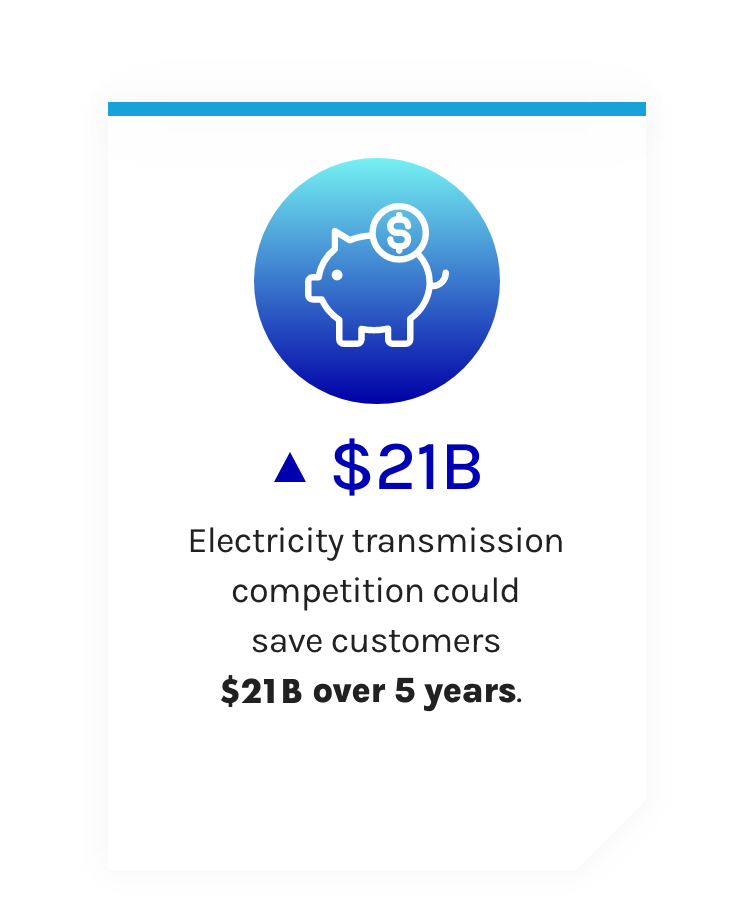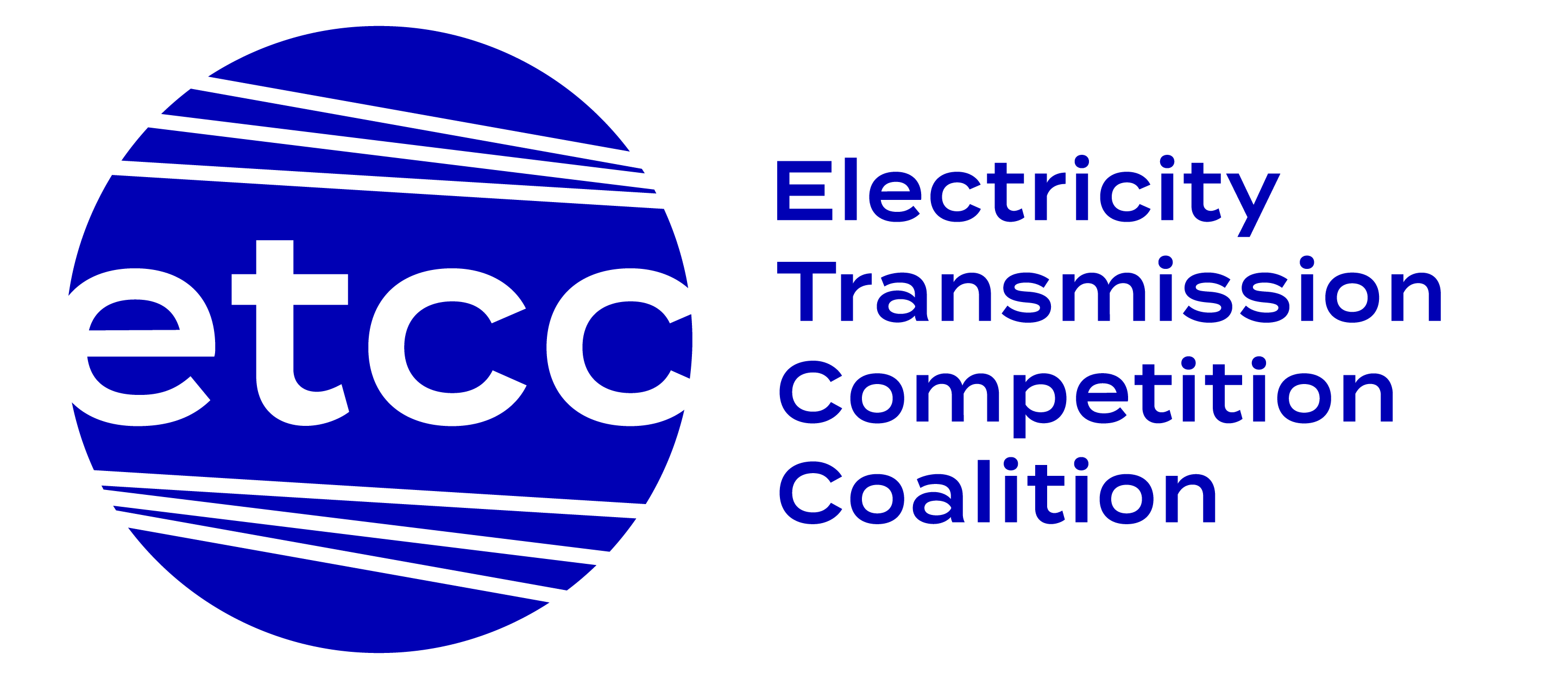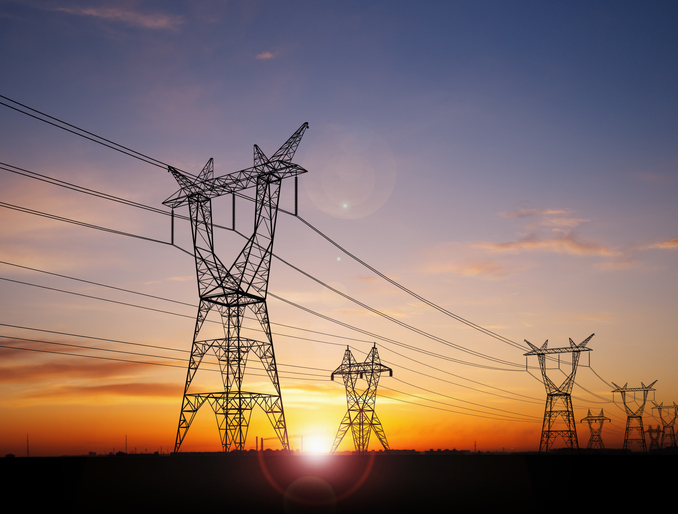ELECTRICITY TRANSMISSION COMPETITION COALITION
/ ABOUT
Electricity Transmission Project Competition Is Essential
The Electricity Transmission Competition Coalition (ETCC) is a nationwide alliance of manufacturers, consumer advocates, and businesses working to restore fair competition in America’s electricity transmission system. Competition is the most effective way to deliver affordable, reliable power and strengthen American energy independence.
Across the country, consumers, businesses, and policymakers agree: families and job creators deserve affordable electricity and accountability from monopoly utilities. ETCC unites more than 95 companies and organizations from all 50 states in calling for fair, open competition in transmission planning.
FERC Order 1000 requires open competition for new transmission projects, yet many monopoly utilities continue to avoid these rules through loopholes and exemptions. Strong enforcement of Order 1000 is essential to protect consumers, drive innovation, and prevent wasteful spending.
The continued expansion of electrification requires substantial investment in electric transmission, which represents the fastest growing cost for consumers – to the tune of $800B by 2035. ETCC believes that capital spending in the private sector should be done as efficiently as possible to minimize the impact of costs to consumers.
Studies show that the current level of competition in electric transmission has been limited, with only 5% of transmission projects subject to competition. Policymakers should reject policies that give preferential treatment to incumbent monopoly utilities.

/ KEY FINDINGS
Competition lowers costs and strengthens America’s electric grid.
The Electricity Transmission Competition Coalition fights to enforce fair competition in transmission planning, ensuring affordable, reliable power for American families.



/ WIDE SUPPORT
What People Are Saying
State commissions, federal agencies, trade associations, consumer groups, lawmakers, and environmental advocates agree that transmission competition is needed to ensure the creation of cost-effective and efficient transmission projects.
News & Resources
CPI Report: Electricity Price Inflation 56% Higher than the Consumer Price Index and 86% Higher than Food Inflation
September 11, 2024
The latest inflation data once again revealed that electricity price inflation is driving general price increases. On an annual basis, electricity price inflation rose by 3.9% or 56% higher than the CPI (2.5%) and 86% higher than food at (2.1%) respectively.
Electricity Price Inflation Over 4X Grocery Bill Increases!
August 14, 2024
Electricity price inflation rose on an annual basis by 4.9%, well in excess of comparable rises in the average American grocery bill of 1.1%, as measured by the Consumer Price Index (CPI).
ICYMI: NPR Exposes Incumbent Monopoly Utility Efforts to Block Electricity Transmission Competition and Increase Consumer Costs
August 9, 2024
NPR’s Planet Money published a story on the issue of electricity transmission competition. During the episode, former FERC Chair Jon Wellinghoff said it best, “competition provides for faster, better, cheaper. That’s all going to help consumers.”






